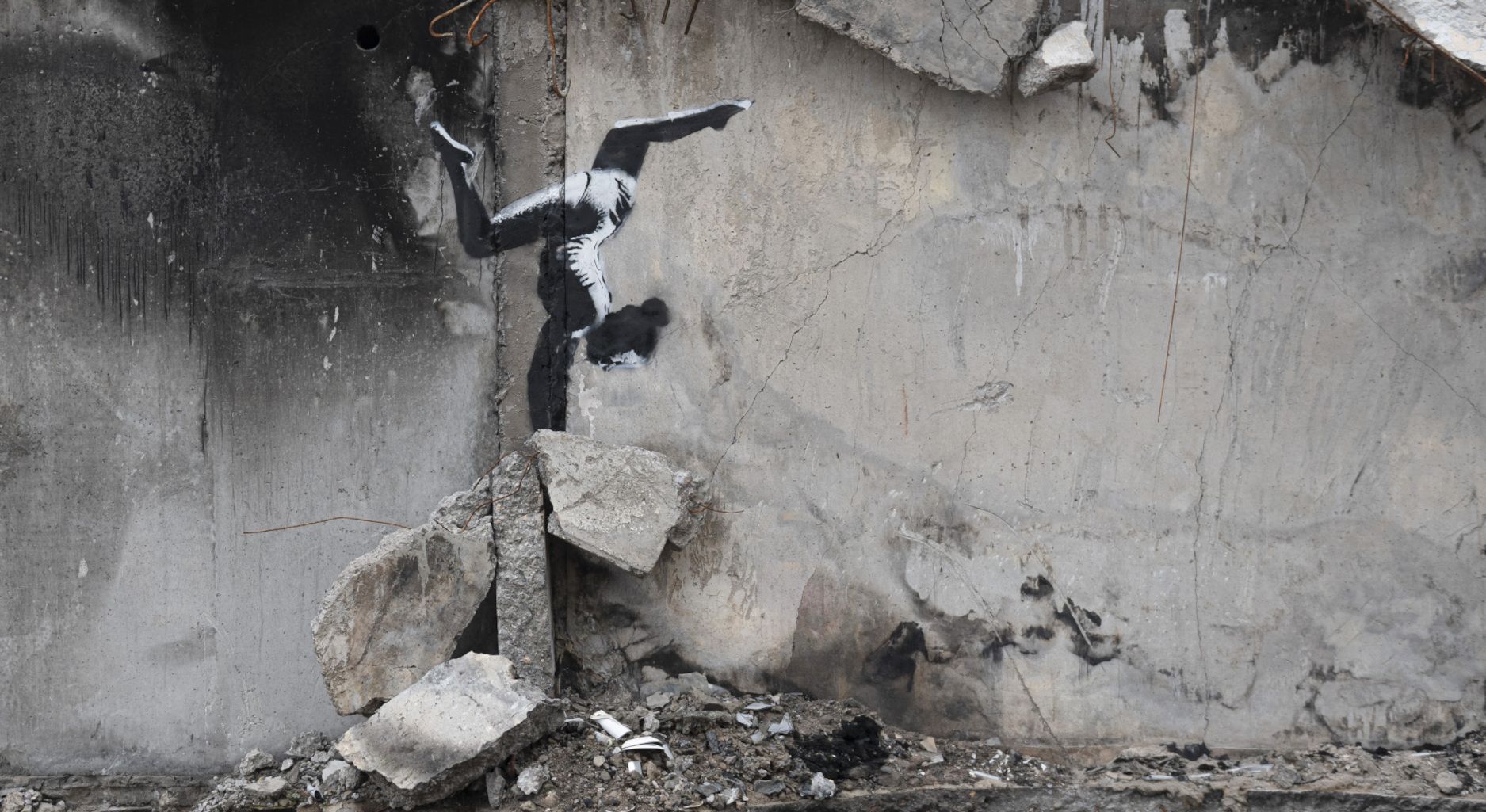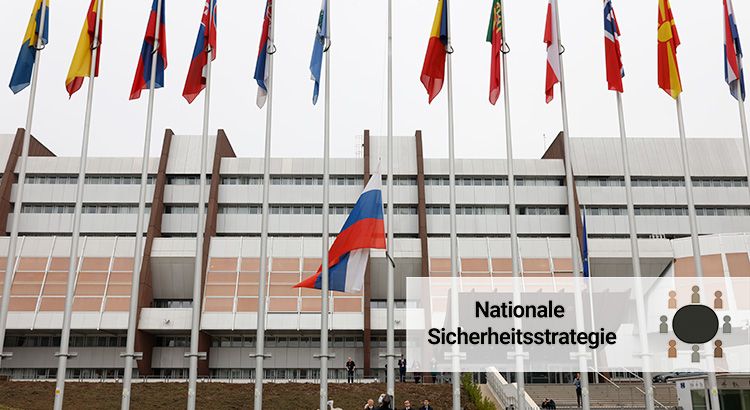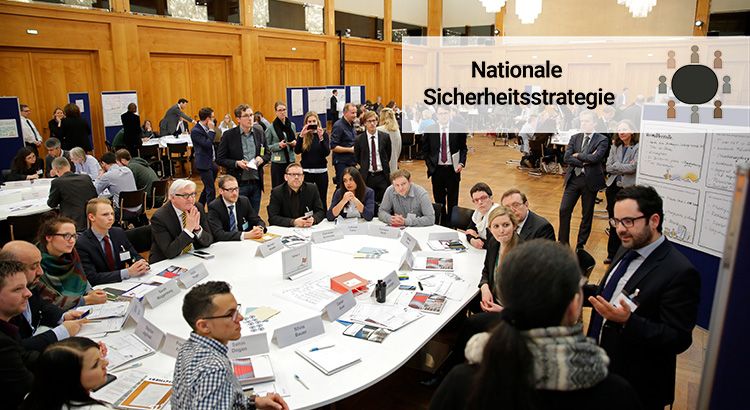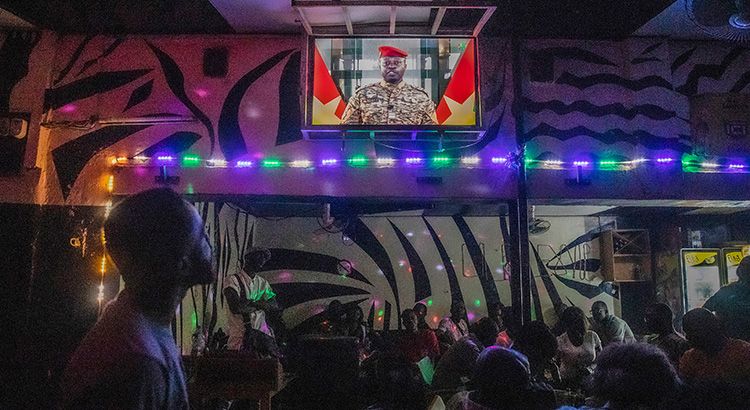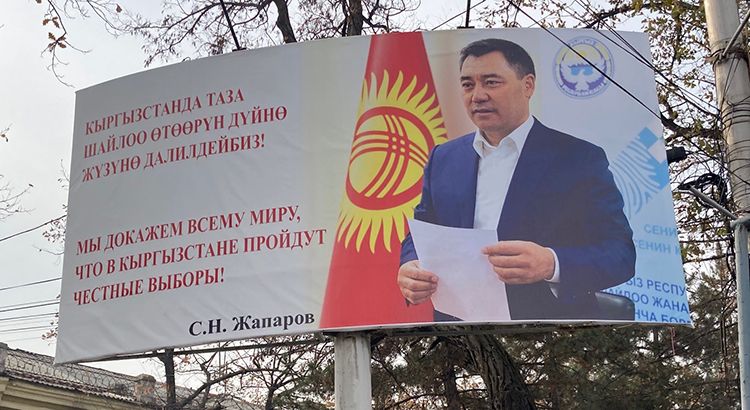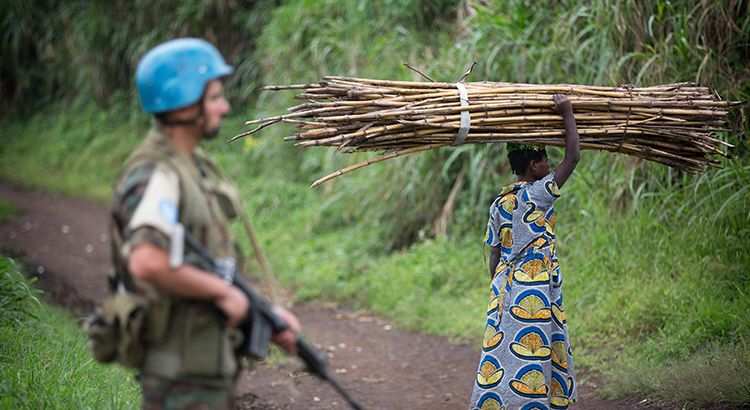Schlagwort: Zivilgesellschaft
The work on promoting gender equality in Ukraine continues even in the time of full-scale war,...
Responding to Foreign Interference in the EU: Beware of Unintended Consequences
The EU’s emerging response to foreign interference, as it is currently debated in the EU...
Kontrollierte Ent- und Verflechtung als Aufgabe der Nationalen Sicherheitsstrategie
In „Die große Illusion“ entwickelt der Publizist Norman Angell 1909 das Argument, dass Kriege...
Den Bürger*innen mehr zutrauen: Für frühe, entschiedene, substantielle Bürger*innenbeteiligung in der Außen- und Sicherheitspolitik nach der Zeitenwende
Nachdem Bundestag und Bundesrat ein Sondervermögen in Höhe von 100 Milliarden Euro „für eine...
Education for Global Citizenship: Insights from three International Programs
The fall 2021 PRIF@School session was all about Global Citizenship Education (GCED). Guest...
Looking back to understand the present: The coup in Burkina Faso and the legacy of regional interventions
The third military coup in West Africa in less than a year happened on 23rd January 2022 in...
Die Parlamentswahlen in Kirgistan: Ein weiteres wichtiges Puzzlestück im erneuten Autokratisierungsprozess?
Am 28. November 2021 wird die kirgisische Bevölkerung über ein neues Parlament abstimmen. Seit...
Time for revisions: Local ownership in the UN mission in the DR Congo
The UN peacekeeping mission in the DR Congo comes to an end. This happens at a time when the...
Warum dringen Krisenwarnungen nicht durch? Vier Eigenschaften, die Warnungen vor Massenverbrechen erfüllen sollten
Die Früherkennung und die Prävention von Massenverbrechen sind eine große Herausforderung. Es...
Why will so many Scientists Boycott the UN Food Systems Summit?
At the upcoming Food Summit, the United Nations take a necessarily hard look at the world’s food...
